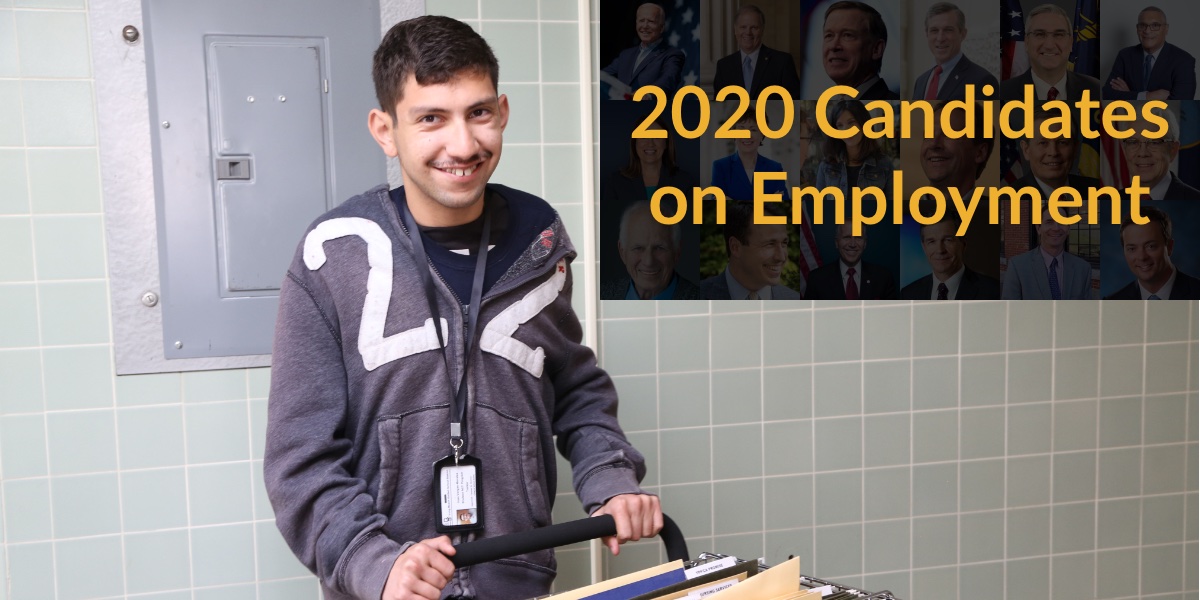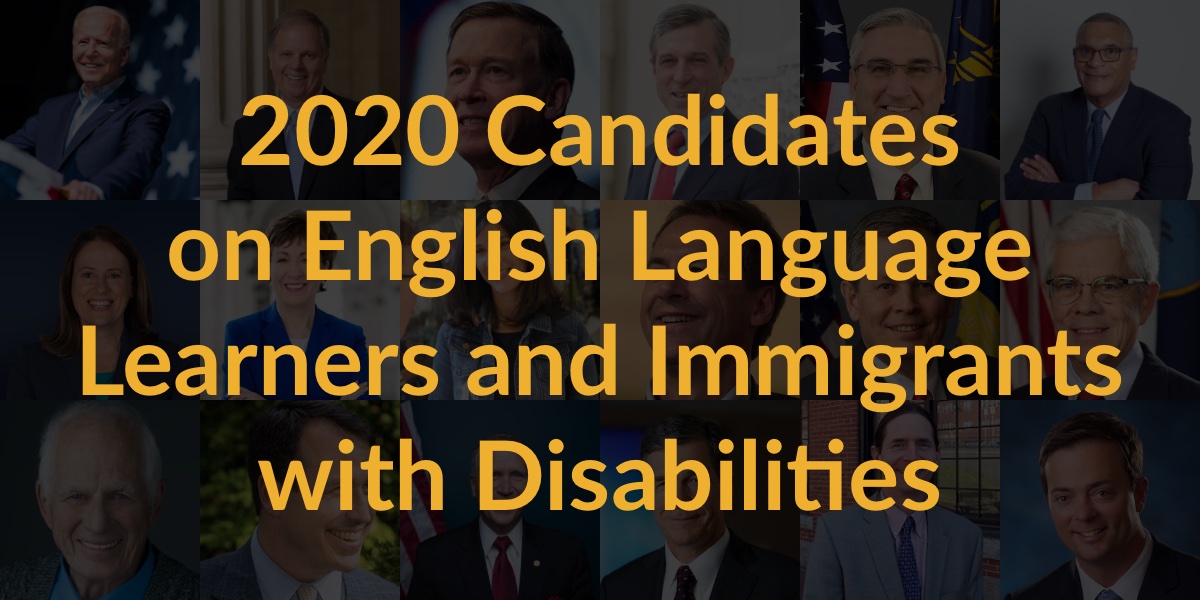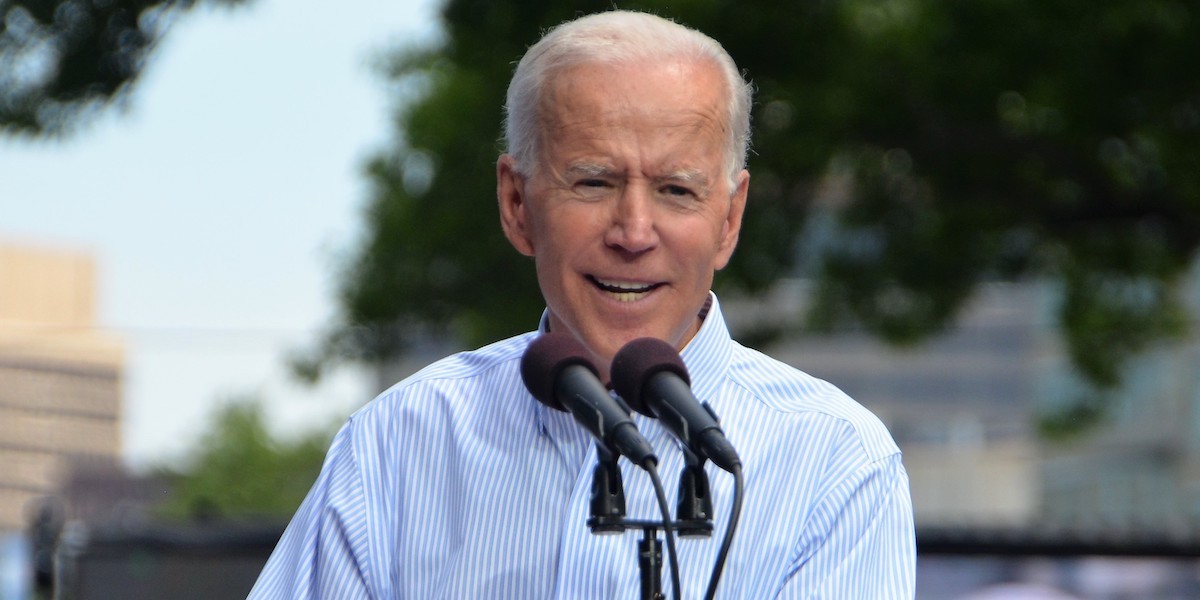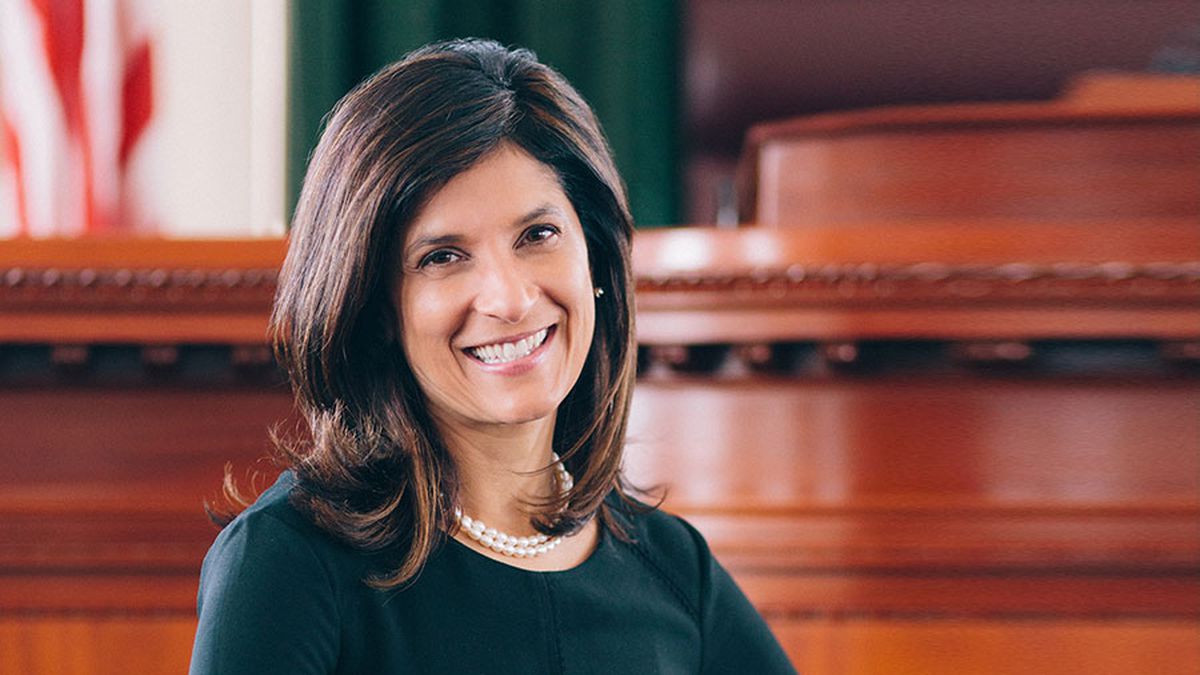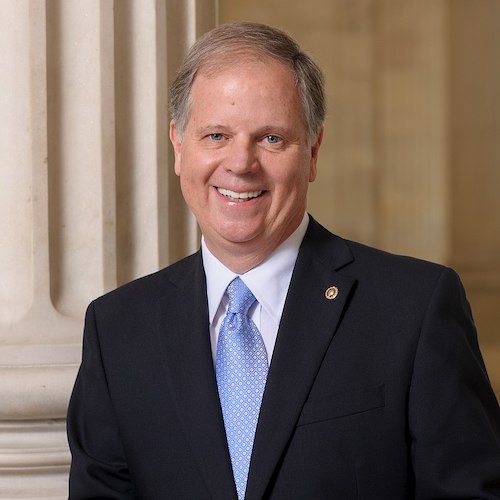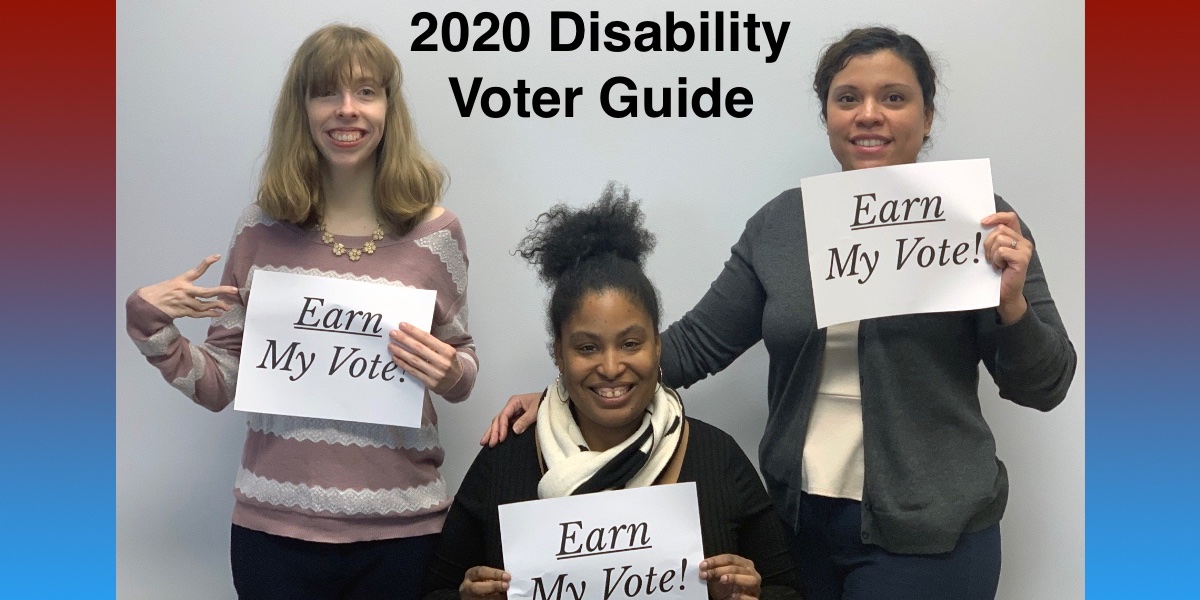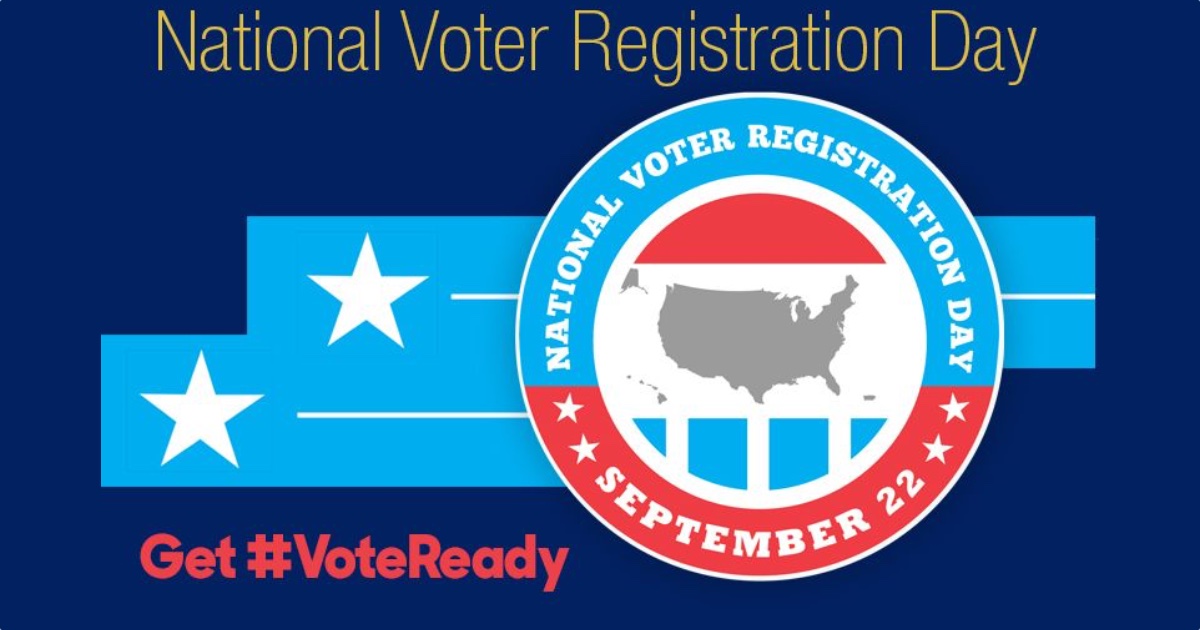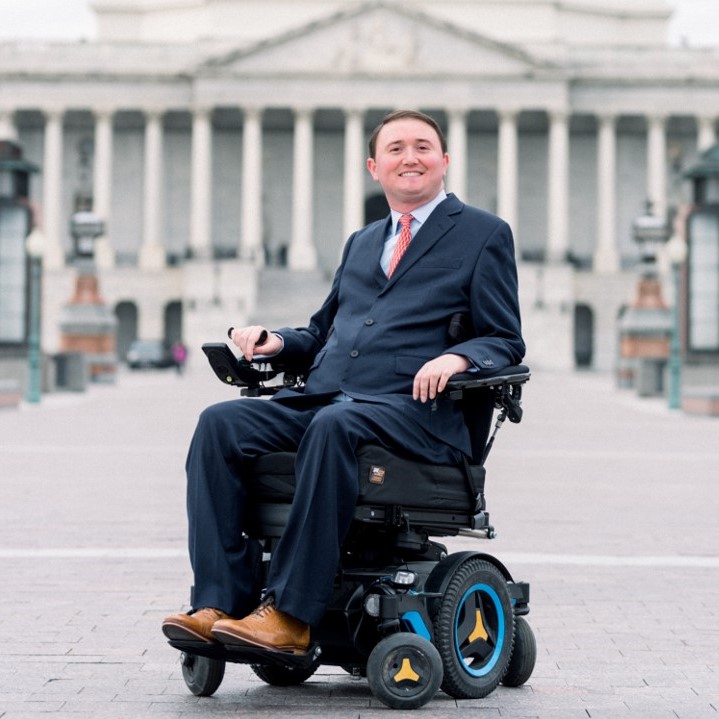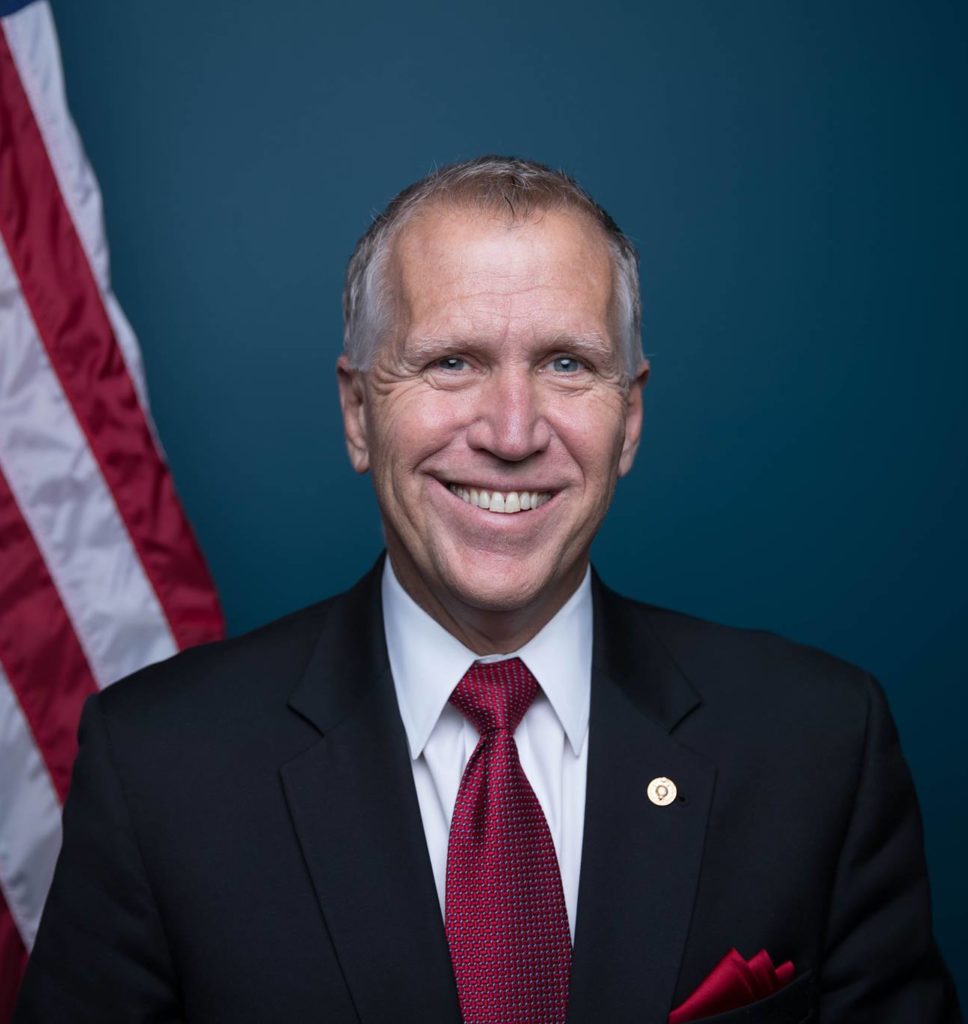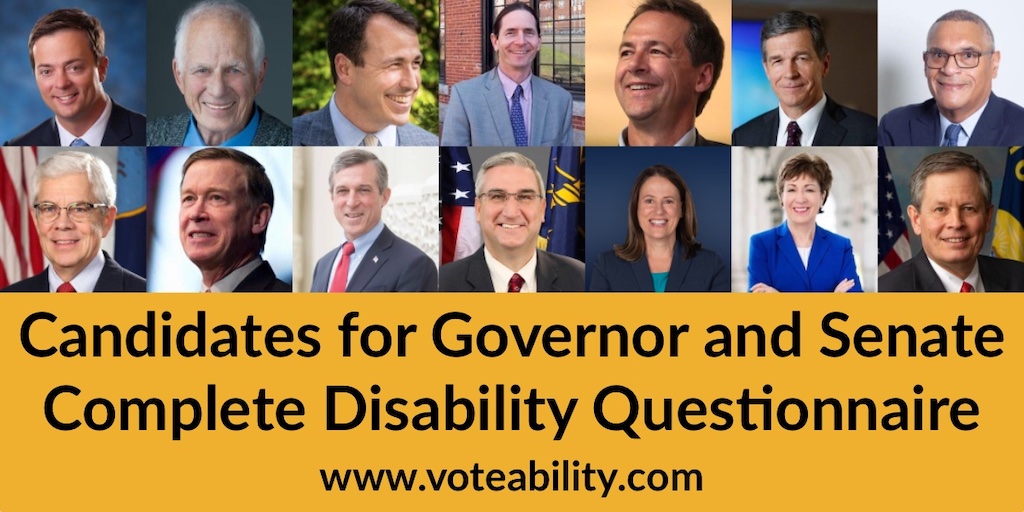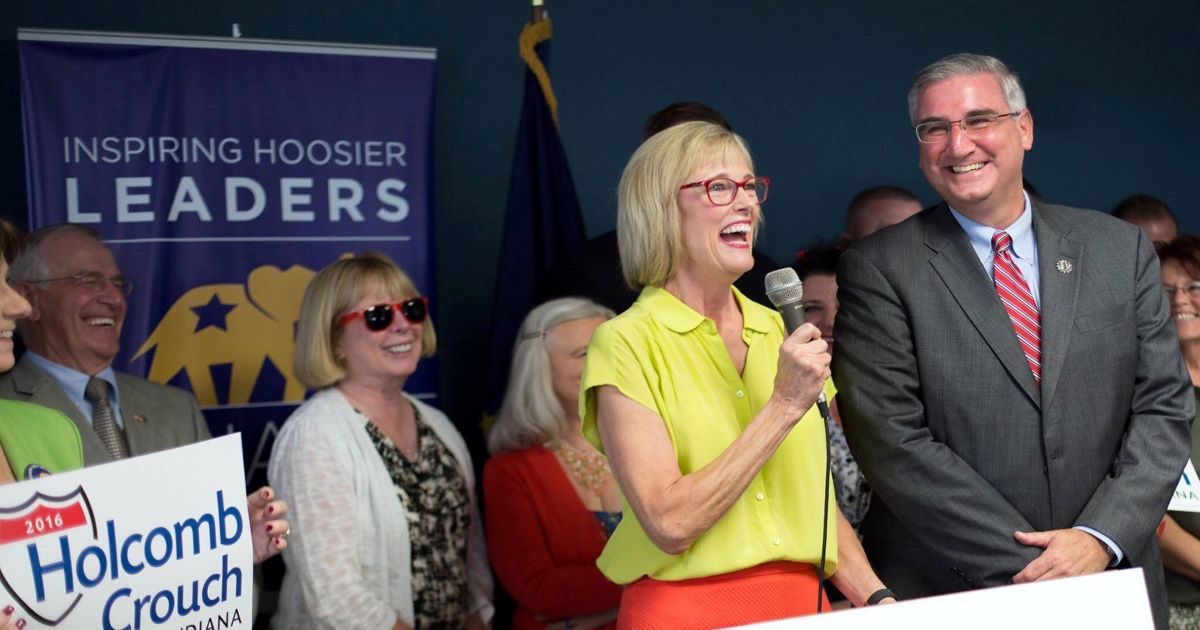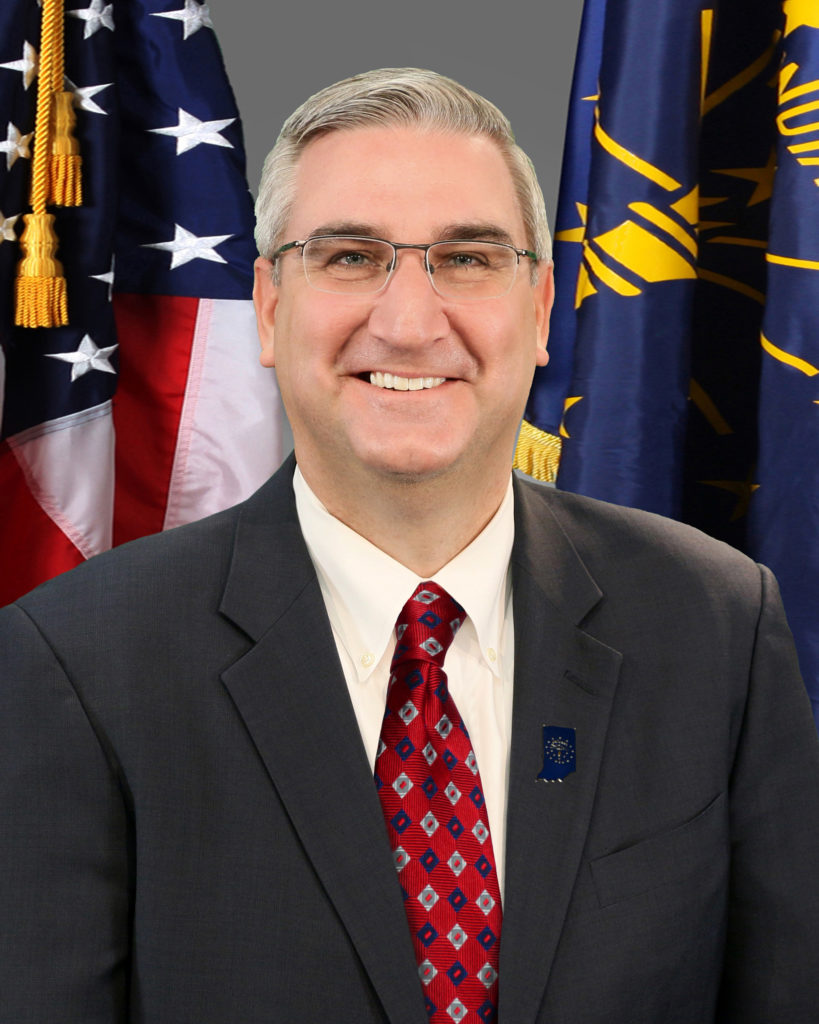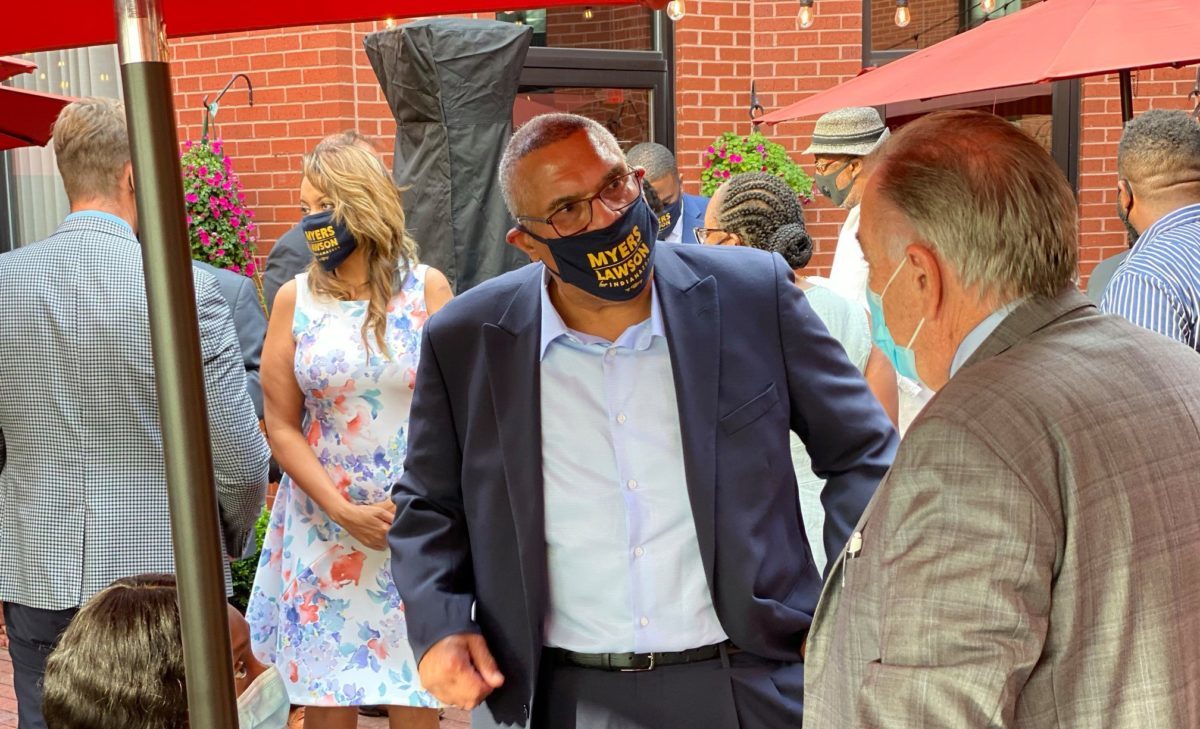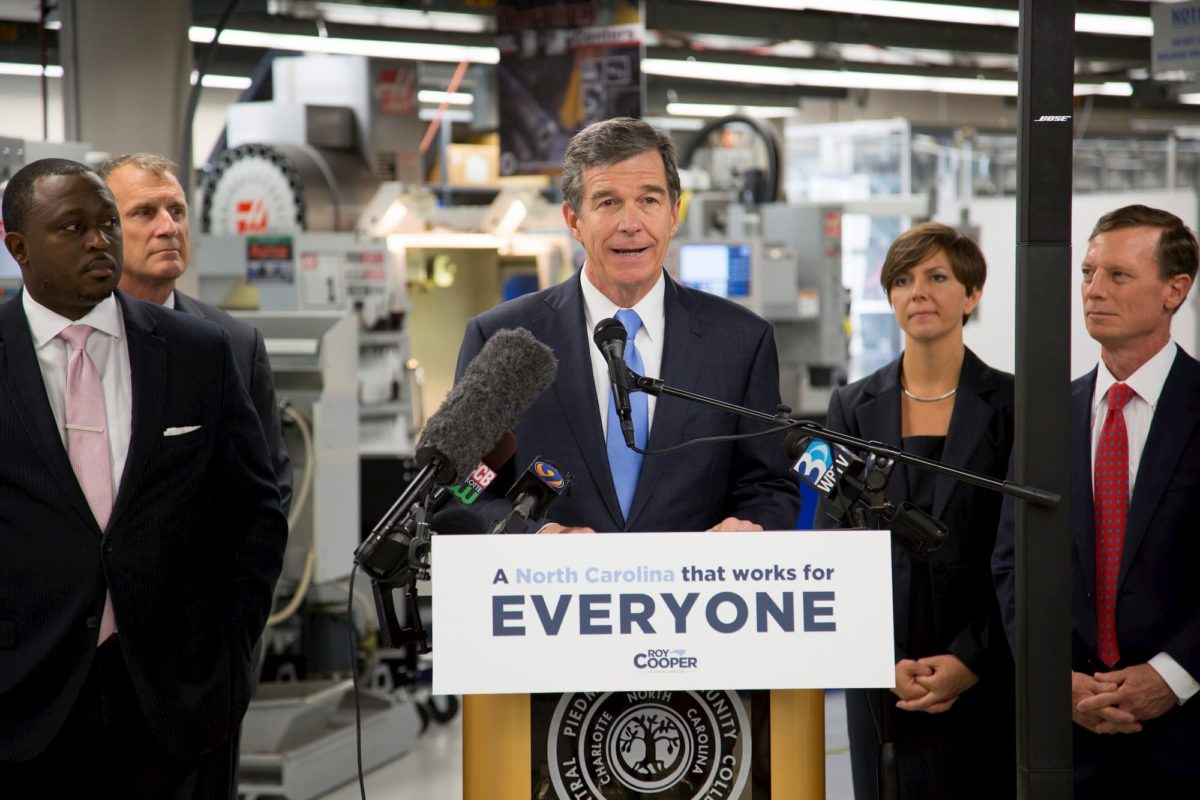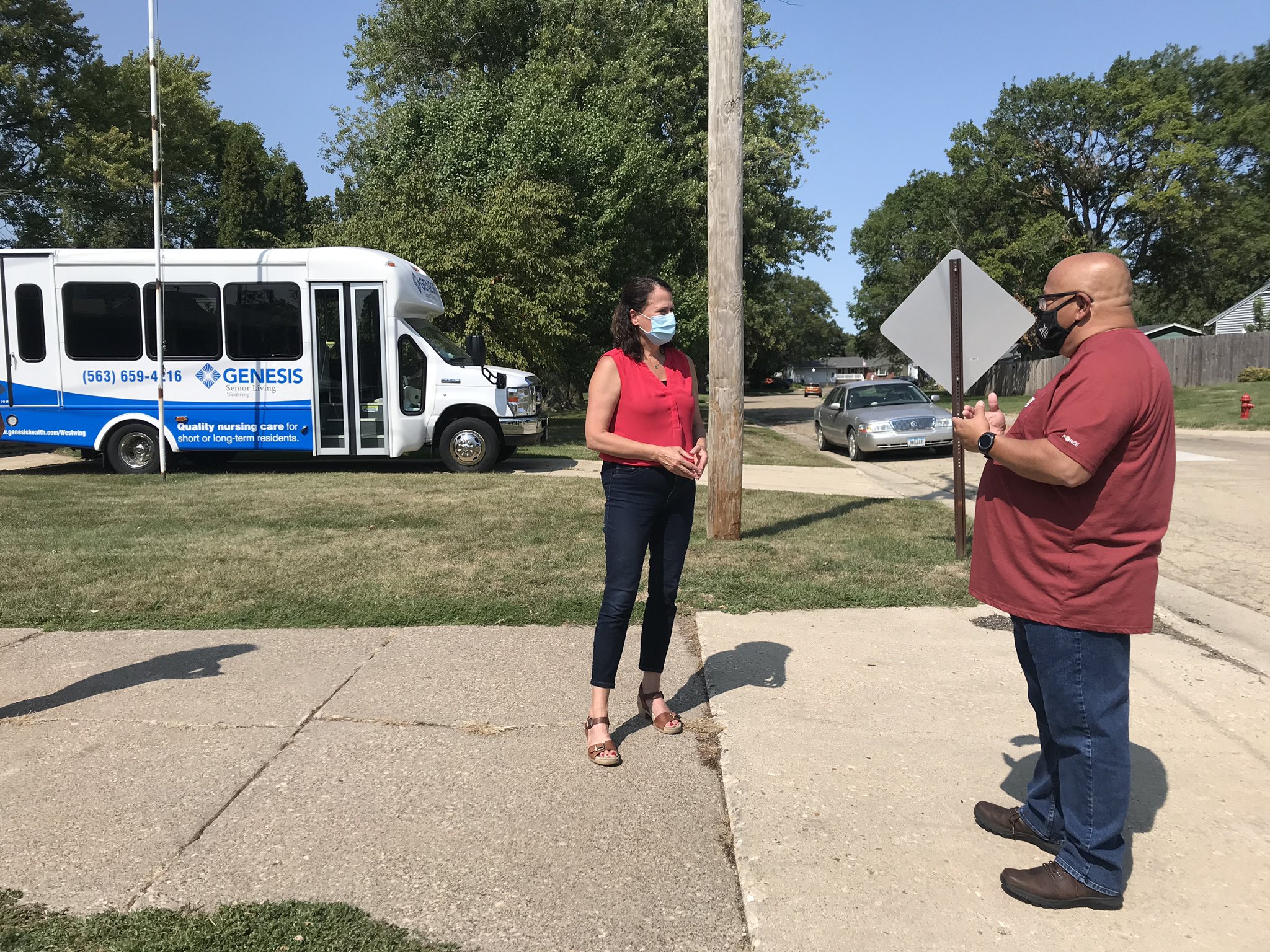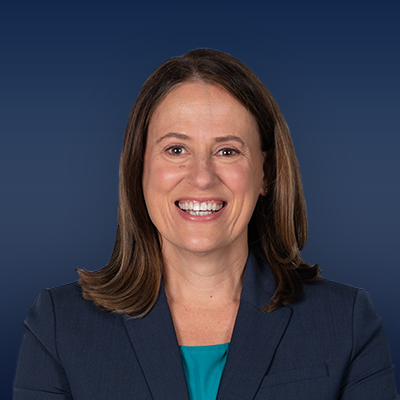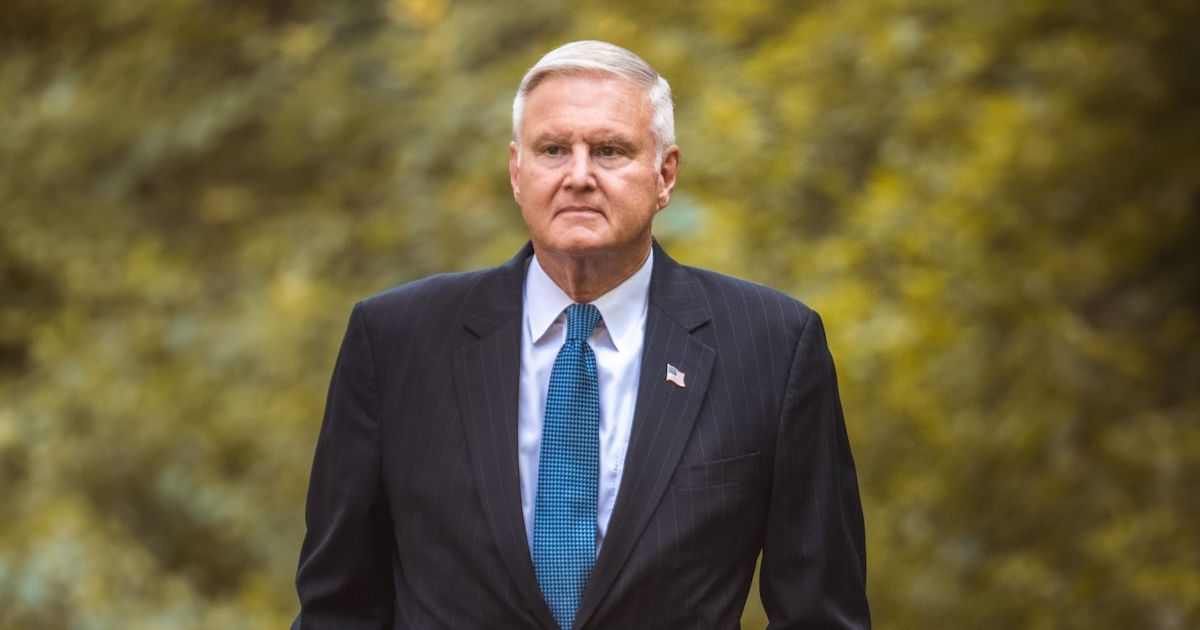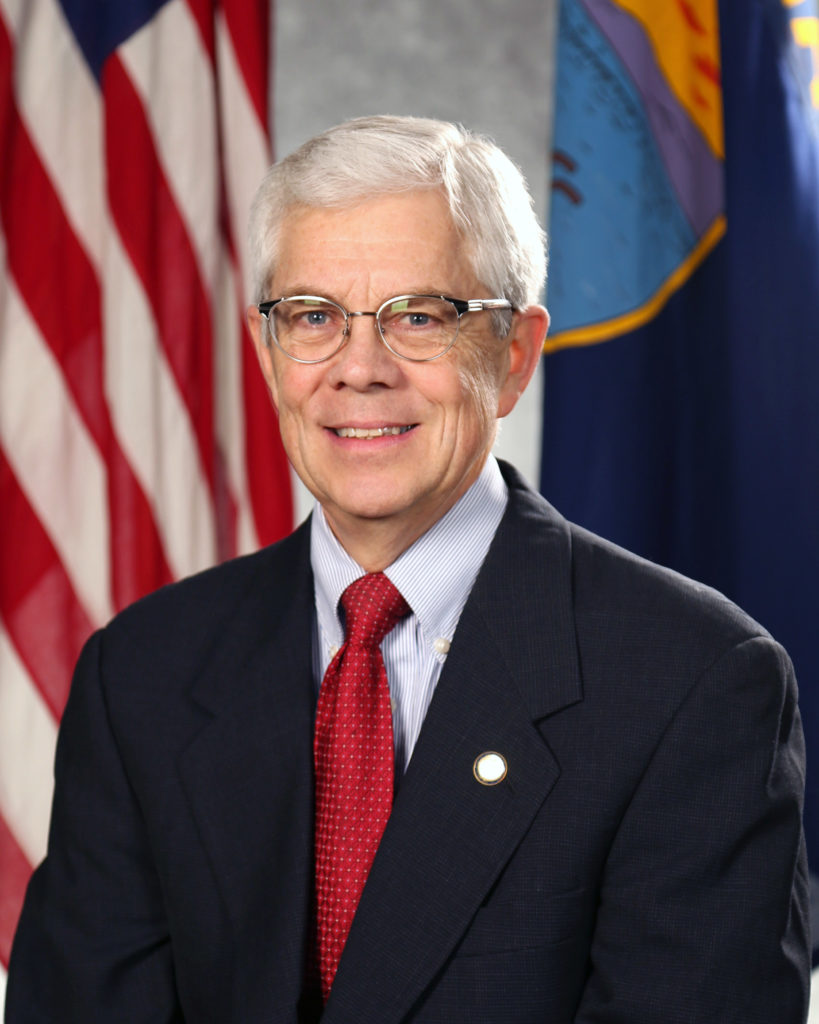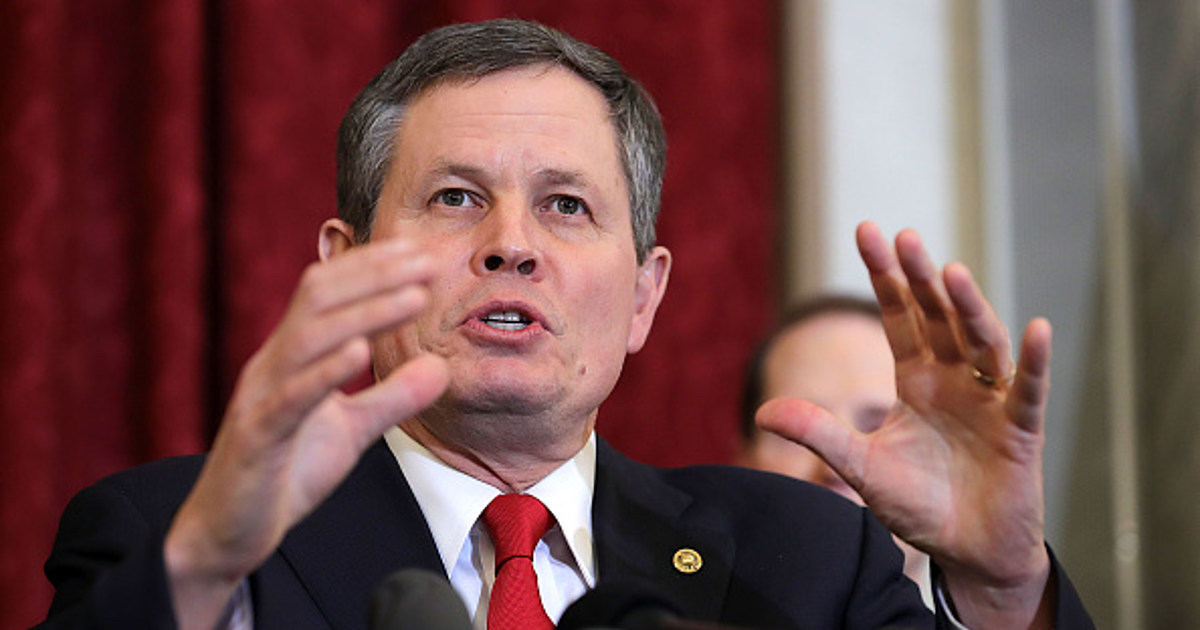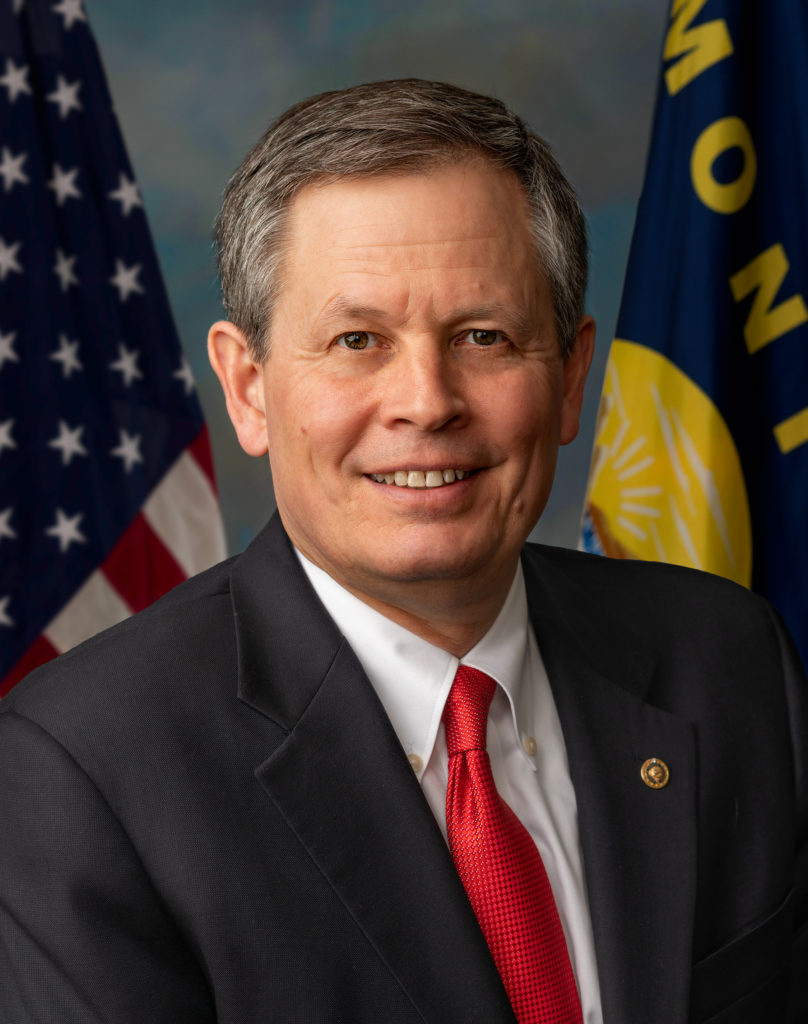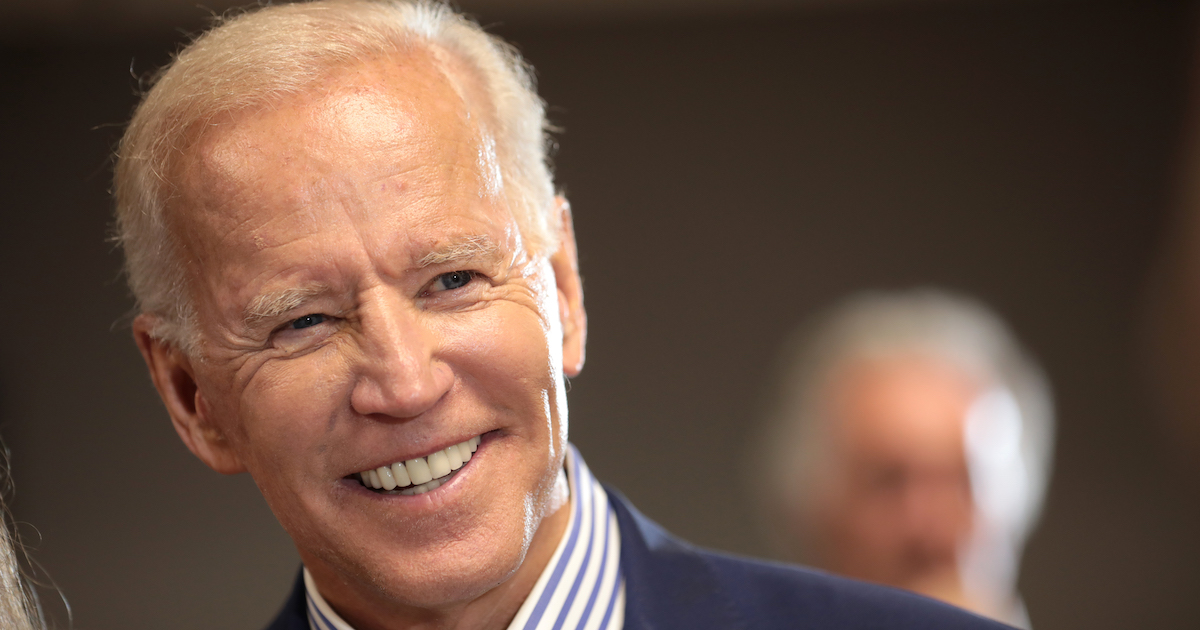Washington, D.C., Oct. 14 – The 2020 election is an election unlike any other. In the economic expansion prior to the COVID-19 pandemic, the national employment rate for working-age people with disabilities in America was 37.6 percent compared to 77.8 percent for people without disabilities. Further, there continue to be significant disparities in employment outcomes within the disability community that vary from state to state.
There are also significant racial disparities in disability employment outcomes. 38.9 percent of working-age white people with disabilities have jobs, compared to only 29.7 percent of working-age Black people with disabilities, 39.4 percent of working-age Hispanics with disabilities and 43.2 percent of working-age Asian-Americans with disabilities. The pandemic has ravaged the disability community and more than 1 million workers with disabilities have lost their jobs.
The COVID-19 pandemic has cast a clear light on many of most important inequities that define American life. As a nonpartisan national nonprofit organization fighting stigmas and advancing opportunities so people with disabilities can participate fully in all aspects of community, RespectAbility has invited all candidates in the Presidential as well as key Senate and Governor races on both sides of the aisle to submit their answers to a 2020 Disability Voter Candidate Questionnaire.
Question 2 of the Questionnaire was: If elected, what will you do to ensure that the government is removing barriers and promoting high quality, inclusive services built on evidence-based policies, practices and procedures leading to competitive, meaningful careers, which includes promoting entrepreneurial opportunities?
Below, read the answers from the candidates who responded. These responses are listed alphabetically by state:
